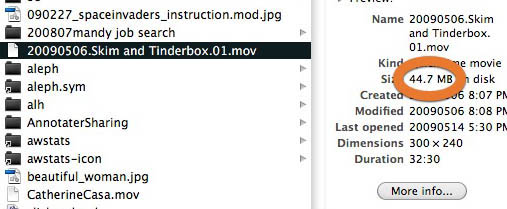This time of year is always a mixed bag for me. I grew up in a largely Korean household which practiced no distinct holiday traditions. Christmas gift-giving was limited mainly to adults giving gifts to the children. The season holds little of the spiritual meaning so important to other families, and the emotional bonds that keep families close during the holidays are in my family thin. My brother Houston’s birthday is the day after Christmas. Houston died fourteen years ago, so the season surrounding his birthday is emotionally complicated for me and my mother.1
This year has been one of enormous change. Pam and I returned to our home state, me leaving a career and profession I no longer loved enough that I could devote my life to it.» Last week, Pam and I went to Lady GaGa’s Monster Ball concert which, for me, was partly a chance to experience (and to collectively bring into being) an icon of superpostmodernity, one that advances postmodern excess and fatalistic irony past the sublime, rewriting them as a posture legible as posture. GaGa’s pose is openly contrived and open about its contrivance. A partial bulwark against cynicism, GaGa’s self-construction in plain sight hints at a possible end to susceptible credulousness, the other side of Lyotard’s defintion of the postmodern as credulity toward metanarratives.
Last night I watched Eric Steel’s The Bridge,spoiler » a documentary that hides its construction until its very end. What is most interesting and disturbing about The Bridge is not that so many people end their lives on the Golden Gate Bridge each year, but the conspiracy to watch them do so. Unlike Lady GaGa, The Bridge keeps the nature of its construction a secret until the very end.«
Frank Rich considers the scandal du jour and notes such scams depend on the fact that people wanted to believe what they wanted to believe. The media suppression of the conflict between Tiger’s picture-perfect family life and his marathon womanizing depends on a willingness to be deceived that is similar (for Rich) to the susceptibility of government bureaus and the energy industry to the Enron deception, similar to the credulousness of the mortgage industry and financial sectors to the fantasy of endless real estate growth, and similar (for me) to the unquestioning belief that everything will be OK.
Depressing as all get out, I know. I think I’m trying to get at the possibility of hope. You see, if we retain the lessons of postmodernism, put to use our knowledge that manufactured media identity is benign fantasy at best and active deception at worst, we can reserve our trust for things evidenced with our own senses. By interpreting much of what we are presented with as probable illusions that, if believed, produce dangerous consequences, we render these objects instances of the superpostmodern, mirages dispelled by likelihood and probability.




